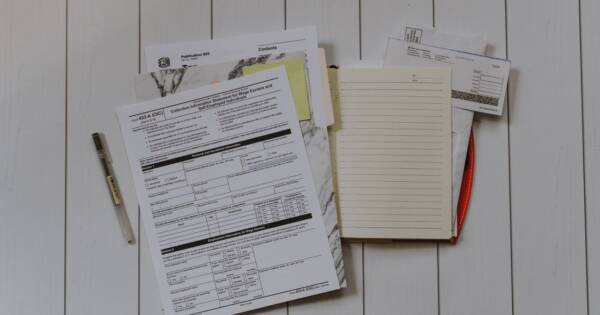Understanding your rights in the workplace is essential when facing potential discrimination. Employers are prohibited from making decisions based on protected characteristics, including race, gender, age, religion, disability, or national origin. Knowing how the law defines fair treatment empowers employees to recognize unlawful behavior, pursue appropriate remedies, and protect long-term career prospects. Awareness of legal safeguards also helps create a respectful, equitable environment for everyone.
What Is Employer Discrimination?
Employer discrimination occurs when an employer — including the owner of the business, a manager or a supervisor — makes a decision about your employment with regard to a protected class. It also includes unfair treatment based on protected classes.
- race
- religion
- color
- gender or sexual orientation
- family status
- pregnancy
- disability
- age
Employer discrimination occurs when an employer uses one of the above factors to treat you unfairly or to make decisions, such as whether or not you get a job, raise or promotion. It can also refer to harassment by coworkers, managers or others because of your age, race or other demographic status. If you complain about discrimination of any type and are retaliated against — such as by losing your job or being moved into a less desirable position for no other reason — this can also be considered illegal employer discrimination.
The federal laws that cover employer discrimination and help protect employees from this type of behavior include the Civil Rights Act of 1964, the Equal Pay Act of 1963, the Age Discrimination Act of 1967, the Americans with Disability Act of 1990 and the Civil Rights Act of 1991. However, these are not the only laws involved in these protections.
What Is the Equal Employment Opportunity Commission?
The EEOC is the agency responsible for enforcing many of the federal laws about fair employment and discrimination. If you work for an EEOC-covered employer, you can report cases of discrimination to the EEOC and expect an investigation and possible intervention if the EEOC determines that your rights were violated.
Who Is Covered Under the EEOC?
Very small businesses typically aren’t covered under the EEOC. In most cases, businesses must have 15 or more employees to be covered by this agency. For age discrimination cases, the EEOC only gets involved if the employer has 20 or more employees.
How to File a Charge with the EEOC
If your case is covered by federal law, you may need to file a charge with the EEOC before you can move on to filing a lawsuit. The only exception to this is the Equal Pay Act, which doesn’t require you to file an EEOC claim first.
To file an EEOC charge, you can log into the EEOC Public Portal. The system will guide you through filing a charge, which might require you to provide certain information or be present for an in-person or online interview as the EEOC investigates the matter.
You also only have a certain amount of time to file an EEOC charge. The deadline is typically 180 days from the date the discrimination occurred or from the time you became aware of it. You may have up to 300 days to file a charge in some cases where state laws always forbid the discriminatory act and there is a state agency overseeing such matters. In these cases, you may need to first file with the state agency before filing with the EEOC.
What Are the Benefits of Filing an EEOC Charge?
One of the benefits of filing with the EEOC is that you protect your right to file a civil lawsuit in the future if the matter is not resolved through the EEOC. However, the EEOC also provides some potential remedies should it decide a case in your favor. Possible remedies can include:
- Compensatory damages. These are payments to compensate you for losses, which can include lost wages, out-of-pocket expenses related to the discrimination and emotional suffering related to the events.
- Punitive damages. These are monetary payments or fines that might be levied as a way to punish an employer. These are typically reserved for the most severe or malicious instances of discrimination.
The EEOC does limit damages. While outcomes can vary, general limitations include:
- $50,000 if the company has 15 to 100 employees
- $100,000 if the company has 101 to 200 employees
- $200,000 if the company has 201 to 500 employees
- $300,000 for companies that are larger
Recent EEOC Settlements
The EEOC manages an online newsroom that publishes information relevant to this topic. That includes information about recent EEOC settlements. For example, in the first half of August 2020, the EEOC noted:
- A $35,000 settlement in a sexual discrimination case involving Sactacular Holdings
- A $45,000 settlement in a separate sexual harassment case involving Doubletree
- A $75,000 settlement in a disability discrimination case involving UPS
Should You Get Professional Help with Employer Discrimination Cases?
While you can file directly with the EEOC, in many cases, you may want to speak with an employment attorney first. Many lawyers offer free consultations to help you understand whether you have a case and what your next steps should be. An attorney can also help you make a strong case to relevant state agencies or the EEOC and assist you in filing a lawsuit if you need to.






